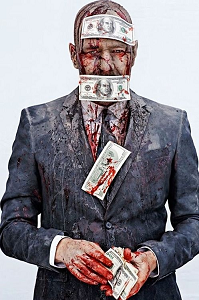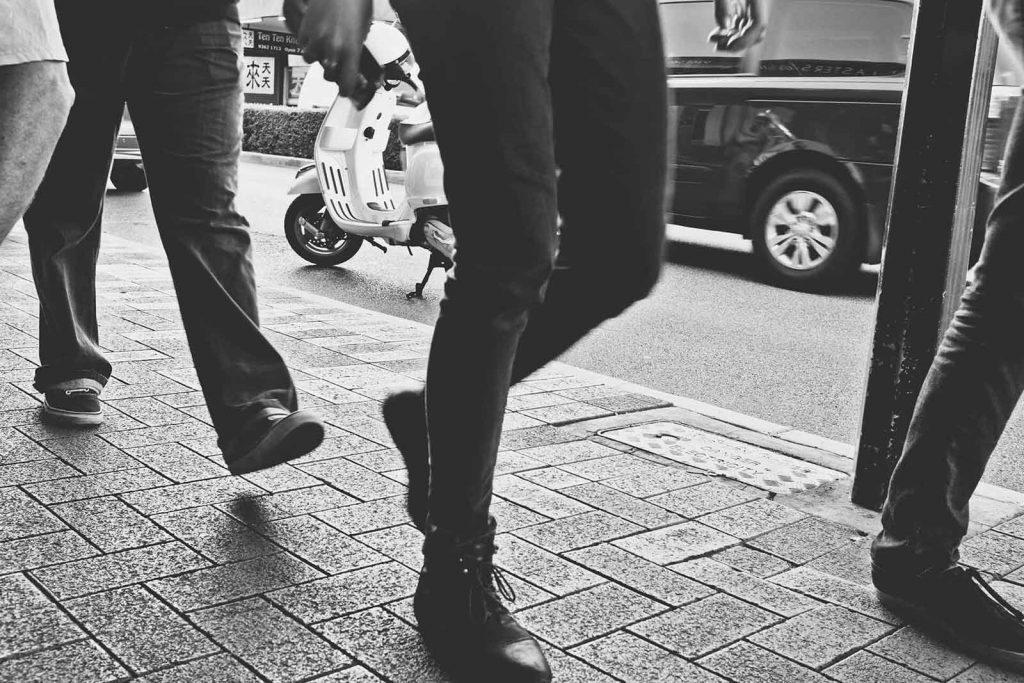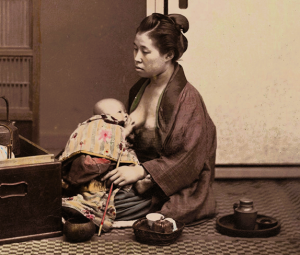
I often ponder if this economic reversal of fortune for WA isn’t fundamentally a very good thing.
I’m not discounting anyone’s pain and anxiety around job security. The economic ‘unwinding’ of our mining boom creates collateral damage and blood on the floor for both businesses and the community. But maybe those heady economic times lead us, like a bull by its nose ring, to a place of compromise, where social norms adjust to accommodate the next big project.
On so many levels the boom has changed the way we live.
In Perth, things are/were more expensive. From coffee to tradespeople, the boom gave us one of the highest costs of living in the world. If you weren’t on the mining wagon train you got left behind. High housing costs – particularly rentals, forced people to live far from their place of work.
We had big chunks of the workforce on FIFO rosters, a disconnective practice that tears at the fabric of families and community. And people talked money. The ‘I have’ conversation. My toys are ‘bigger, better, newer’.
Well that’s all grinding to a halt. This lull in rampant hole digging is a great moment to stop and work out what’s important to us as a community and as individuals.
Suddenly the whole conversation takes on a more humanistic element. It doesn’t matter if you are renting out a property or if you are a plumber fixing taps, the consumer has more choice and it necessitates that the service provider must be a nicer, friendly person to do business with.
It seems not long ago the boom paradigm was transactional. Everything came down to a deal and a dollar amount. And even though I’m in an inherently commercial business, it is a business of people and it is focused on a community.
I notice my community having different conversations – in fact having conversations is a start! Conversations about social inclusion, urban renewal and space activation.
Maybe this would have happened despite the boom, but my feeling is that the boom’s absence lets all of us focus on the more important things in life.
Derek Baston






